Breaking: U.S. Court Orders FBI, DEA to Release Files on President Tinubu Tied to 1990s Drug Probe
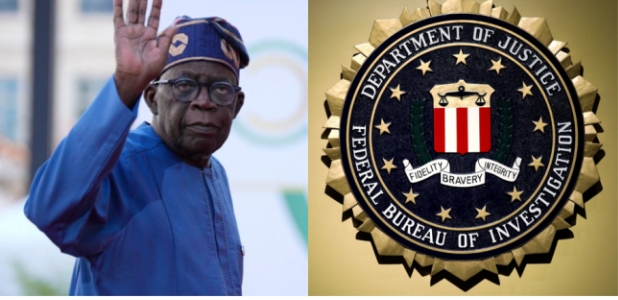
A U.S. federal judge has ordered the Federal Bureau of Investigation (FBI) and the Drug Enforcement Administration (DEA) to release investigative records related to Nigerian President Bola Ahmed Tinubu, in connection to a suspected heroin trafficking operation from the 1990s.
According to PREMIUM TIMES, the ruling was handed down by Judge Beryl Howell of the U.S. District Court for the District of Columbia on Tuesday. The judge dismissed the U.S. government’s use of the “Glomar response”—a policy that allows federal agencies to neither confirm nor deny the existence of records—as unjustified in this case.
Judge Howell stated that “the claim that the Glomar responses were necessary to protect this information from public disclosure is at this point neither logical nor plausible.” She held that both the FBI and DEA failed to sufficiently justify withholding the documents under the Freedom of Information Act (FOIA).
The lawsuit was filed by Aaron Greenspan, an American transparency advocate and founder of PlainSite.org. Greenspan submitted 12 FOIA requests in June 2023 to several U.S. law enforcement and intelligence agencies, seeking records related to a federal drug investigation that allegedly involved Tinubu and others, including Abiodun Agbele, Mueez Akande, and Lee Andrew Edwards.
These agencies—including the FBI, DEA, IRS, State Department, Executive Office for U.S. Attorneys (EOUSA), and CIA—initially declined the requests, citing Glomar responses. Greenspan argued in court that the agencies improperly withheld information of significant public interest, referencing a 1993 U.S. Department of Justice complaint that sought the forfeiture of $460,000 allegedly tied to Tinubu and believed to be drug proceeds.
An affidavit from Kevin Moss, a former IRS special agent, supported this claim, stating that there was probable cause to believe Tinubu’s bank accounts were used to launder proceeds from drug trafficking. Moss’s affidavit also connected Tinubu to Akande and Agbele, the latter of whom was arrested after selling heroin to an undercover DEA agent and later cooperated with investigators.
In October 2023, President Tinubu attempted to intervene in the FOIA case, citing privacy concerns and objecting to the release of “confidential tax records” and law enforcement files. But Judge Howell ruled that the public interest in potential wrongdoing by a sitting president outweighed any privacy concerns.
“The public interest in learning about a sitting president’s possible connection to a major drug investigation is undeniably significant,” Howell wrote.
Although the CIA successfully defended its Glomar response—arguing that confirming or denying any connection could endanger intelligence sources and national security—other agencies were ordered to file a joint status report by May 2 regarding unresolved issues in the case.
Legal experts suggest the ruling may lead to the public release of documents that have fueled political speculation in Nigeria for decades. The $460,000 forfeiture resurfaced during the 2023 Nigerian presidential election, when opponents questioned Tinubu’s eligibility. However, Nigeria’s election tribunal ultimately dismissed those challenges.
Following the ruling, Greenspan said, “Transparency must prevail over secrecy when it comes to public officials. The American public, as well as Nigerians, deserve to know the truth.”
Background
Greenspan’s FOIA requests targeted multiple agencies, including the CIA, IRS, and EOUSA, seeking records about Tinubu and his alleged associates in a heroin trafficking and money laundering ring based in Chicago. The agencies argued that disclosing such information could harm national security or violate privacy rights.
In court filings, the CIA emphasized the need to protect the identity of confidential sources, warning that revealing such ties could expose intelligence-gathering methods and endanger lives.
While the CIA’s rationale was accepted by the court, the judge found that the other agencies could not convincingly argue that Tinubu's privacy outweighed the public’s right to know.
Notably, in August 2024, Greenspan voluntarily dismissed several defendants from the case, including the IRS, State Department, and EOUSA. However, the case continued against the remaining agencies, focusing on their Glomar responses related to Tinubu and Agbele.
The term “Glomar response” originates from a FOIA case involving the CIA’s secret recovery of a sunken Soviet submarine using the Hughes Glomar Explorer. The policy is used when confirming or denying the existence of records could reveal sensitive national security or intelligence information.
Previously, the U.S. court declined Greenspan’s emergency motion to expedite the release of the Tinubu documents. The agencies maintained that releasing any records—if they exist—would unjustly associate individuals with criminal investigations and breach their privacy rights.
In Nigeria, challenges to Tinubu’s eligibility based on the decades-old drug allegations were dismissed by the Presidential Election Petition Tribunal in September 2023. The tribunal ruled that many of the claims brought by opposition candidate Atiku Abubakar lacked adequate evidentiary support. Similar petitions by Labour Party candidate Peter Obi were also rejected.
Now, Judge Howell’s ruling marks a significant step toward uncovering the long-shrouded details of the U.S. investigation and its connection, if any, to Nigeria’s current president.
Leave a Reply
Your email address will not be published. Required fields are marked *






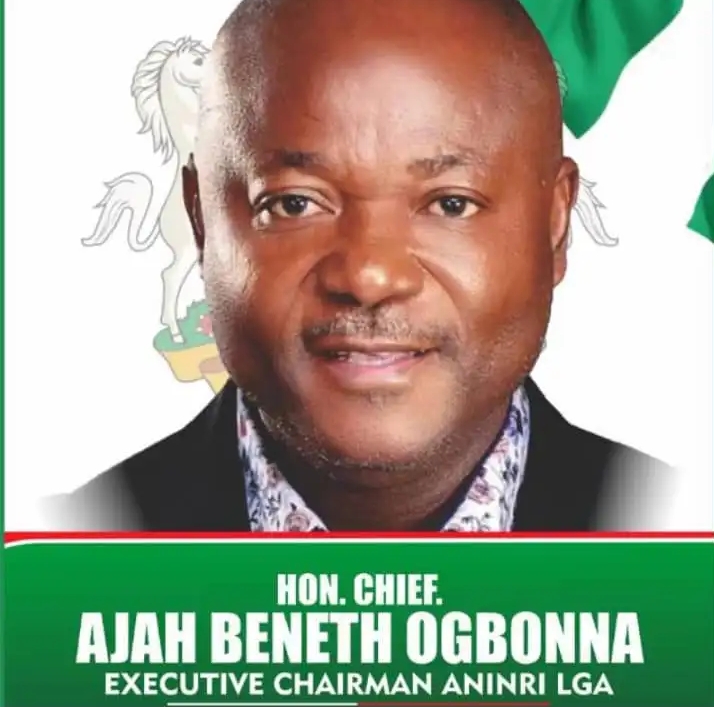
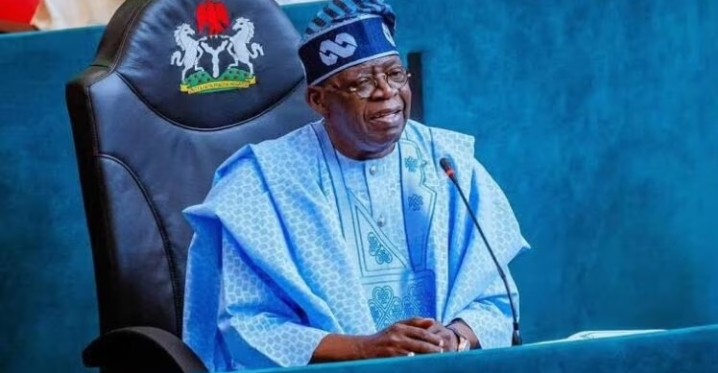
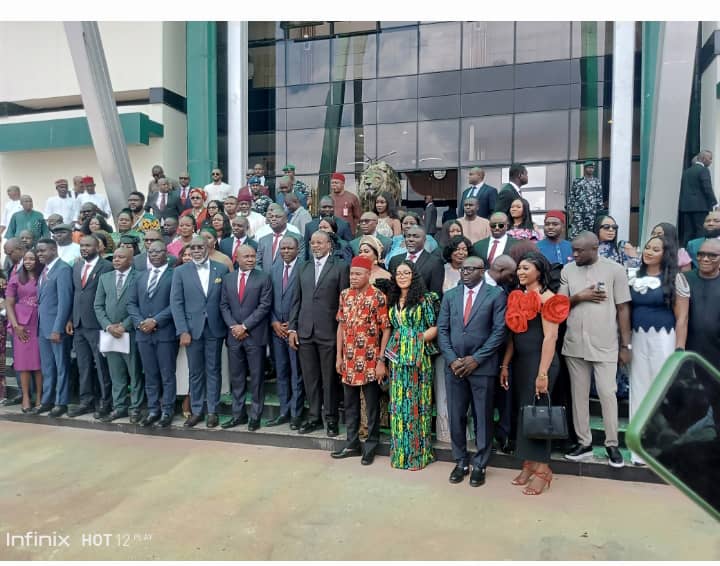
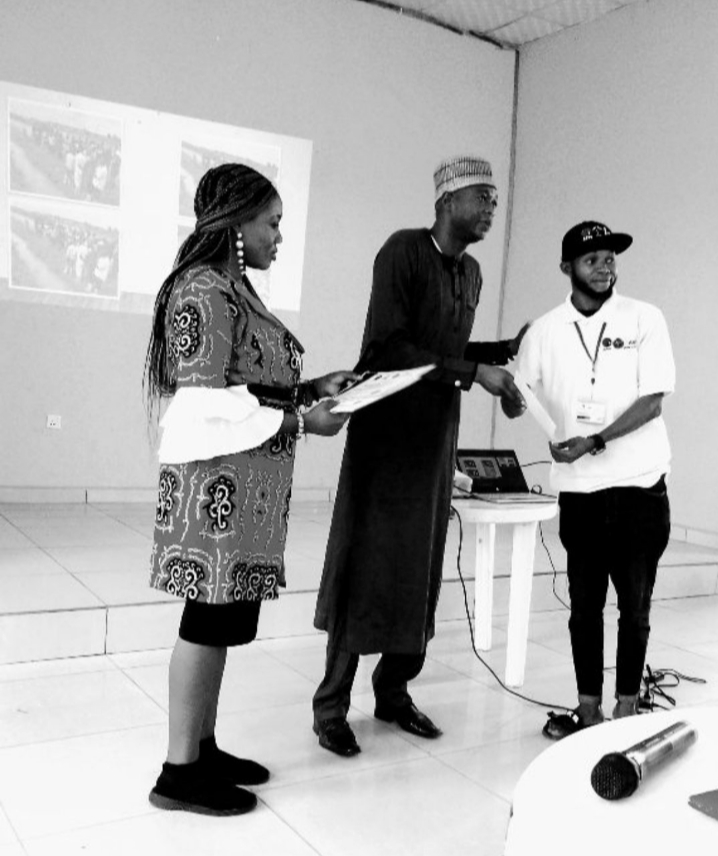
.jpg)


